From the Edge to the Map: How T-MAPs Grew Out of the Culture of The Icarus Project
What Keeps You Well Is Not a Secret—It’s a Practice
Back when we started The Icarus Project, it wasn’t about clinical language or treatment plans. It was about survival. It was about building a culture that could hold people like us—people with visionary experiences, people who had been through the psychiatric system (or refused it altogether), people who felt too much, broke down, saw too deeply, or lived on the edge of the world as we knew it.
The Icarus Project was never just an organization. It was a culture-making project, born in the shadow of diagnoses, in punk houses and recovery meetings, in radical bookstores and psychiatric wards. We built it out of conversations: about madness, about meaning, about how to live with minds that don’t fit inside boxes.
And one of the questions we asked again and again was:
“How do we stay alive and whole in a world that constantly pathologizes our brilliance and our pain?”
Out of that question—out of hundreds of zine pages, crisis stories, kitchen table talks, and group facilitation experiments—T-MAPs (Transformative Mutual Aid Practices) emerged.
T-MAPs: Born from the Culture of Icarus
T-MAPs was never meant to be a checklist or a self-help worksheet. It was a practice. A process. A relational technology for figuring out how to care for ourselves and each other—especially when things get hard.
We were tired of being reduced to diagnoses. We wanted to tell our own stories. We wanted to write down what actually helps us—not in a top-down, prescriptive way, but in our own language, in our own time.
So we started making maps.
Internal Communication Tool: Getting to Know Your System
In the years since we created T-MAPs, I’ve started to see how it functions not just as a mutual aid tool between people—but as a kind of internal translation device.
Whether or not you use Internal Family Systems language, many of us live with different parts of ourselves: the one who knows how to perform in public, the one who hides under the covers, the one who gets angry and protective, the one who just wants to be loved.
T-MAPs gives us a structure to speak from those parts, and then speak for them.
It’s a way to get to know your inner landscape—and to remember what it feels like when you’re in alignment, when you’re grounded, when you’re close to your core.
It asks:
• What does it look like when I’m doing well?
• What does it look like when I’m struggling?
• What helps? What harms?
• What do I want people to know about me?
External Communication Tool: Mutual Aid with Depth
But T-MAPs isn’t just for the inner world. It’s for your community.
When you share your map with someone else—whether it’s a friend, a therapist, a partner, or a support group—you’re offering them a key to your world. Not a lockpick. Not a diagnosis. A key.
And when they share their map with you, something shifts. It creates a culture of consent, curiosity, and care. You start to build trust from the inside out. You don’t have to wait for crisis to start talking about what you need. You already have the map.
In that way, T-MAPs becomes more than a document. It becomes a living agreement between people who are trying to stay alive together.
The Culture We’re Still Building
We didn’t finish building The Icarus Project. We passed it on. The culture we helped spark—mad pride, radical peer support, spiritual framing of breakdown, the refusal of diagnostic determinism—continues to ripple through movements, organizations, and friendships.
T-MAPs is one of the tools that made it out of that fiery, beautiful mess.
If you’re trying to figure out how to live in a world that doesn’t make sense…
If you’re supporting someone in your life through crisis or transformation…
If you’re trying to build a culture of honesty and support inside your relationships…
Try making a T-MAP.
Try offering one to someone else.
Try mapping the future from a place that remembers where we’ve been.
This work is not just about crisis planning. It’s about liberation.
It’s about resistance.
It’s about remembering that we get to decide what keeps us well.
In a world that rewards forgetting, T-MAPs help us remember.
Mad Fashion for the Apocalypse:


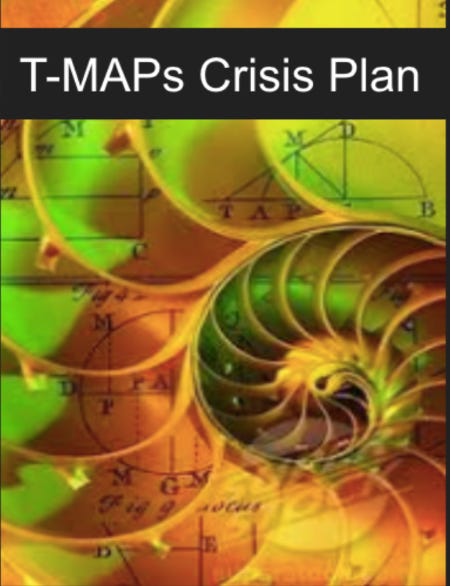
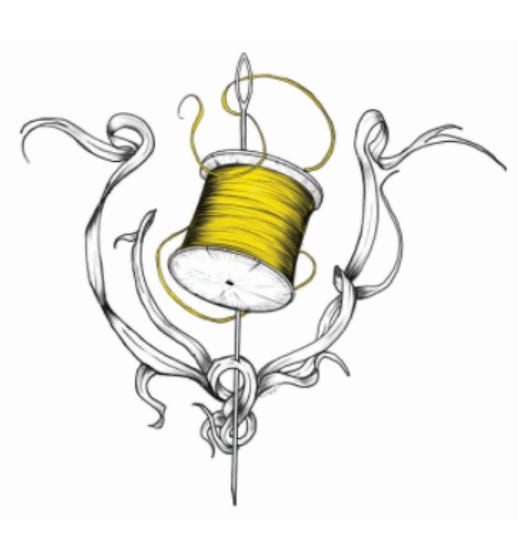
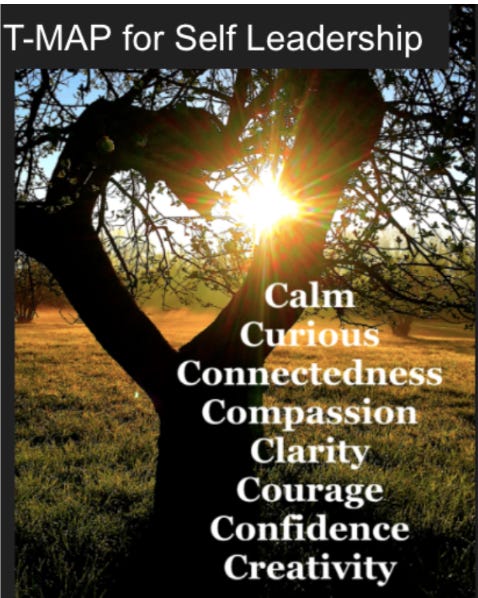
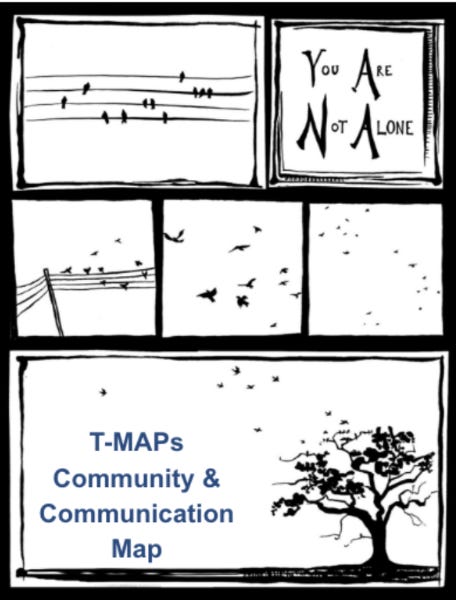
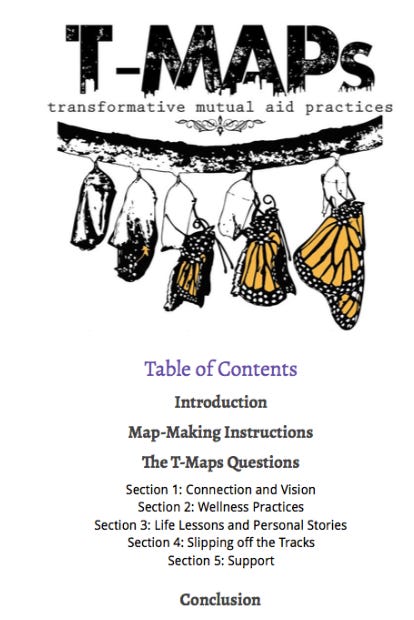
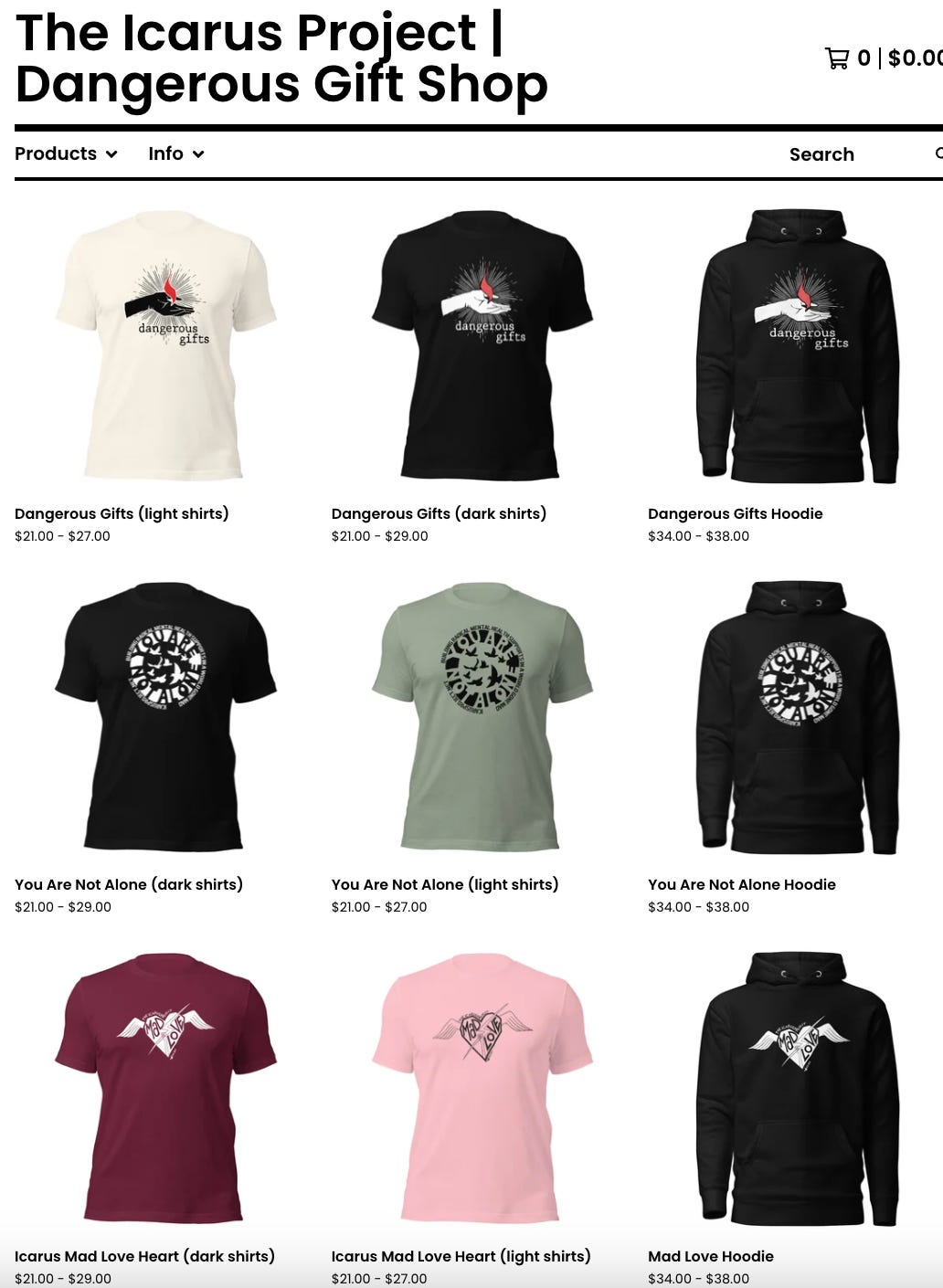
Nice one Sascha. What's really striking for me is the focus on health, resilience, and relationship in T-Maps. 'Medicine' for our culture is mostly about looking for what's wrong in us. I imagine a medicine that starts by asking 'what is health?' and focuses treatment to support health.